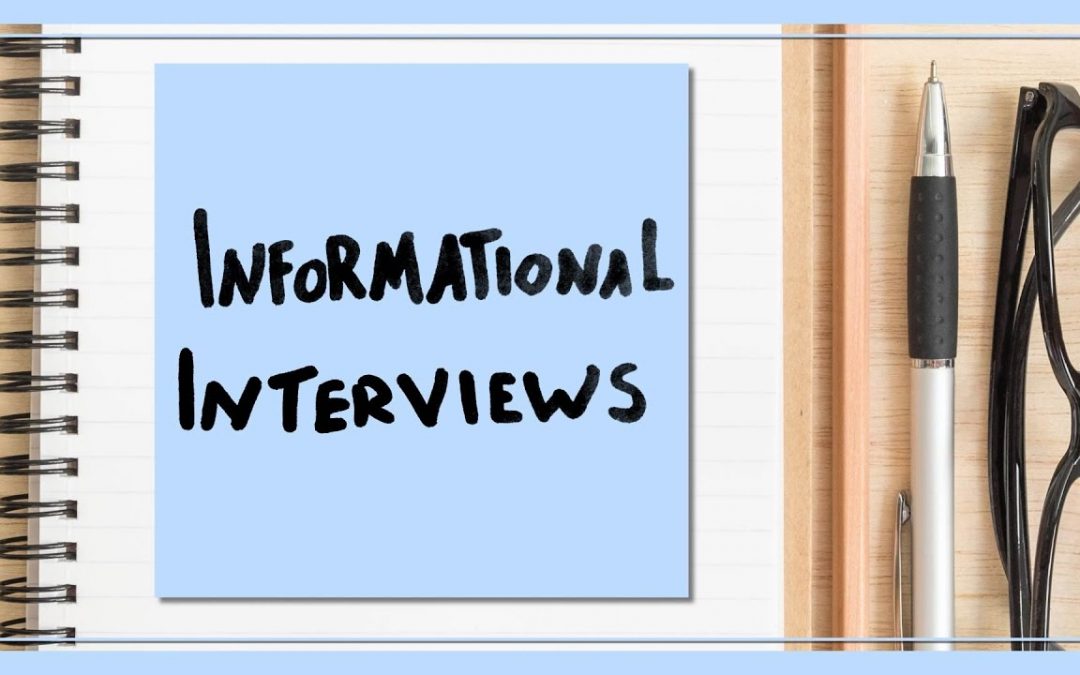Let’s say you managed the tricky process of asking for an informational interview (and yes, we’ve got tips for that, too) and have succeeded in arranging a meeting with an amazing contact.
What now? How do you make the most of this conversation—while still keeping things casual and comfortable?
As always, it’s just a matter of being prepared. Here’s a three-part process for your next meeting that’ll make sure you get the advice you need and make a great impression.
1. Warm Up
People love to talk about themselves, so when you first sit down, let them! Get the conversation going by asking your contact something about his or her experiences thus far—something he or she knows all about. Some good places to begin:
- How did you get your start in this field?
- What’s it like working at your company?
- What projects are you working on right now?
- What’s your opinion on [exciting development in the industry]?
You should also be prepared to chat about yourself, your past experiences, and your career goals. Remember, this meeting isn’t just a time to ask for advice and learn from your contact’s experiences—it’s also a chance to make an impression. For example, don’t be afraid to preface your questions with what you already know. Something like, “It looks like recent developments in the field of nuclear fission are going to be pretty disruptive to the energy industry. How do you think this will affect your company?”
2. Get What You Want
After you’ve made some general conversation, it’s time to move on to what you came for: the advice you can’t get anywhere else.
Before the meeting, think through the insider information you want to learn from this person. What information are you seeking? Is there something you can learn from this person that would be difficult for you to learn on your own? Depending on where you are in the job search process, adjust your questions accordingly.
For example, if you’re still in exploration mode, trying to find out if, say, working for an educational technology startup is for you, then ask questions like:
- How did you choose this company or position over others in your field?
- What is the most rewarding thing about working in this industry? The most challenging?
- My background is in urban planning—how do you think I can best leverage my previous experience for this field?
If you’re further along in your job search and could use some job hunting and interviewing tips for specific companies, don’t be afraid to ask questions like:
- I’m waiting to hear back about interviews for positions—what advice would you give me about how to best prepare?
- What experiences, skills, or personality traits does your company look for in new hires?
- What do you wish you had done differently when you first started at your company?
- What job search advice would you give to someone in my situation?
Of course, you’ll want go with the flow of the conversation—you’re trying to build a relationship, not fire off as many questions as you can. Also remember that what these questions have in common is that they are all seeking advice. Keep it that way. It’s no mystery that you are clearly looking for a new position or career change, and the fastest way to alienate your contact is to ask for a job (or anything along those lines). If your contact offers to forward your resume based on your conversation, then by all means, take advantage of it. But that process is for him or her to initiate, not you.
3. Tap Into Their Network
That said, as you’re wrapping up the meeting, you should ask for recommendations for two or three more people who would be good to talk to as you continue networking. The likelihood someone will take time to chat with you goes up significantly if your initial request comes through a mutual contact, so it’s a fast, easy way to talk to even more people.
The key here is to make your request as specific as possible. This might be counterintuitive, but it actually makes it easier for your contact to think of someone when you say, “Could you recommend a couple more people for me to speak with to learn more about exit opportunities after a career in consulting?” than to come up with an answer to, “Is there anyone else you would recommend that I speak with?”
To recap: Get the conversation going, know what you want to get out of the meeting, and don’t leave without knowing who you’re contacting next. And don’t forget to follow up with a thank-you note! Better yet, follow up again with an update on your meetings with the people he or she recommended and the results of your job search. After all, your informational interviewees aren’t just useful for their one-time advice—they can become a long-term part of your network.
Click here for the original article.





